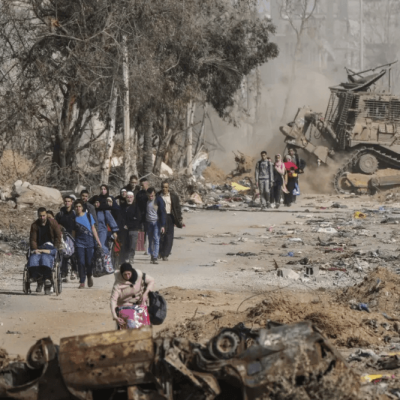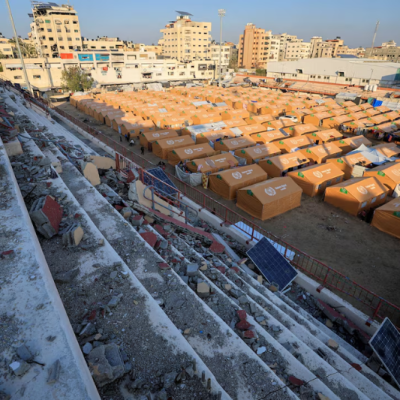Netanyahu’s Alleged “Blood Document” and the Sabotage of Ceasefire Talks with Hamas

Recent research by Israeli journalist Ronen Bergman has revealed claimed sabotage of ceasefire negotiations by Israeli Prime Minister Benjamin Netanyahu, which might have led to the killing of Israeli prisoners in Gaza. Published by the Israeli news source YNET, the inquiry casts grave doubt on the way the continuous confrontation with Hamas is handled as Netanyahu’s actions seemed to have turned off a possible truce that may have saved lives.
The “Blood Document”: Tragedy Stained on a Plan
Key to the research is a seven-page paper known as the “blood document” from an unidentified top Israeli security official. Tabled by Israel in July, this paper allegedly upset the diplomatic efforts of Qatar, Egypt, and the United States, who were arbitrating between Israel and Hamas. Declaring the paper to “born in sin” and a deliberate attempt to “torpedo the positive momentum” in the negotiations, the security source accused Netanyahu of purposefully undermining the negotiations.
The paper apparently includes amendments and explanations pushed by Netanyahu, which changed a ceasefire proposal first proposed by U.S. President Joe Biden in May. Originally, the three-phased ceasefire proposal called for a total stop to hostilities, the evacuation of Israeli troops from Gaza, and a prisoner exchange between Israel and Hamas. Six weeks apiece for each phase.
Sadly, four of the six Israeli prisoners discovered dead in southern Gaza on Sunday belonged to the group identified on the “blood document” under humanitarian standards. These hostages were scheduled for release under the ceasefire agreement that finally never came to pass. The inability to agree has caused indignation because claims that Netanyahu’s policies directly led to their deaths.
Maps showing Israeli military will be present in the Philadelphi Corridor, a vital location along the Gaza-Egypt border, comprised the “blood document.” Emphasizing even more the importance of the material the paper included, tables showing the names of detainees kept in Gaza also included.
Jerusalem’s Part and the Global Reaction
Based on Bergman’s research, Israel’s far-right Finance Minister, Bezalel Smotrich, brushed off this as a “sign of weakness” and advised Israel to turn down the agreement when it became clear Hamas was ready to accept the parameters of the May proposal. Along with Netanyahu’s changes to the ceasefire agreement, this choice has drawn heavy criticism.
Notwithstanding these claims, Netanyahu has publicly claimed—a position that runs counter to Bergman’s research—that Israel has historically accepted to ceasefire recommendations. Further igniting the debate, U.S. President Joe Biden responded “no,” when asked whether Netanyahu was acting sufficiently to negotiate a ceasefire agreement.
Reacting to the continuous bloodshed and failed discussions, Netanyahu has urged the world community put “maximum pressure” Hamas under. Hamas has responded by accusing Netanyahu and the United States of sustaining the violence and hindering a possible prisoner exchange, therefore countering their influence on the collapse in negotiations.
The Aftermath: Ongoing Conflict and unresolved questions
The discoveries of the “blood document” create grave questions regarding the handling of the ceasefire negotiations and the more general approach used by Netanyahu’s government as the fighting in Gaza lasts. With many wondering whether their lives could have been spared if a different course had been followed, the murders of the Israeli hostages have set off wrath and anguish.
The world community is still very much engaged, as President Biden indicates another ceasefire suggestion would be imminent. It remains to be seen whether this idea will be successful where others have failed; yet, the terrible results of the past agreements loom large over the continuous strife.
The legacy of the “blood document” and the choices taken by Netanyahu and his cabinet will probably be under close examination for years to come as tensions continue and peace chances remain dubious.




